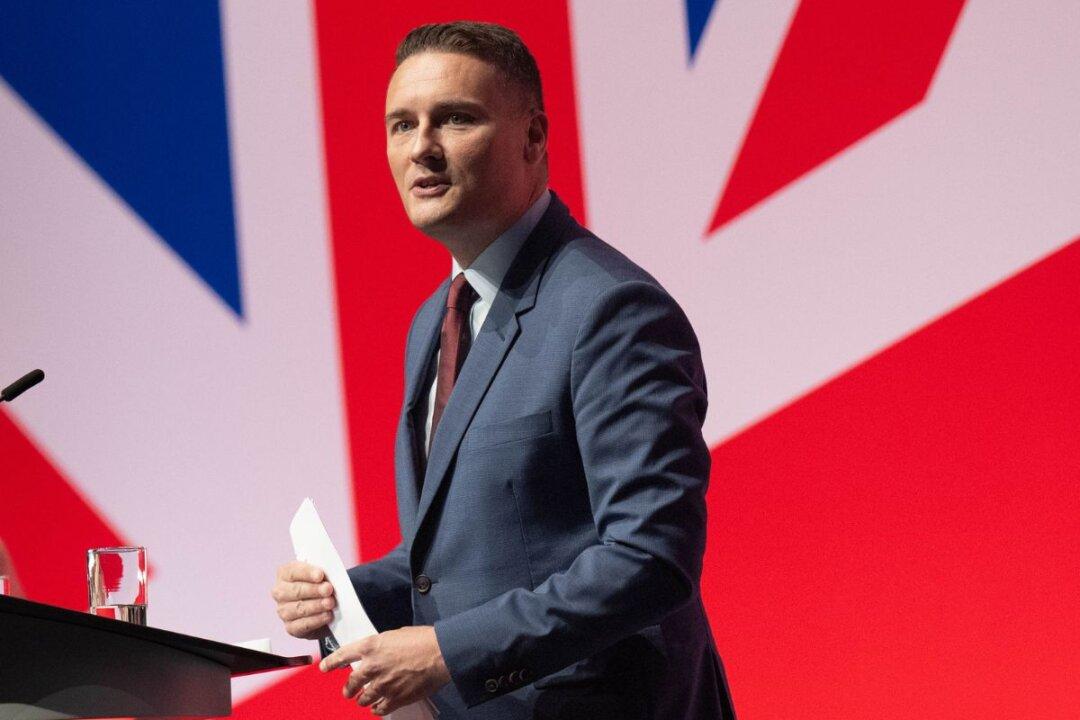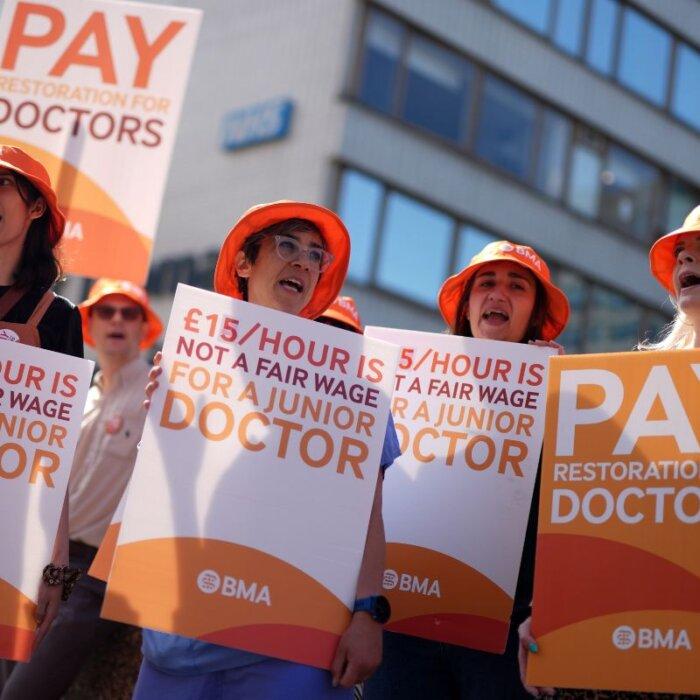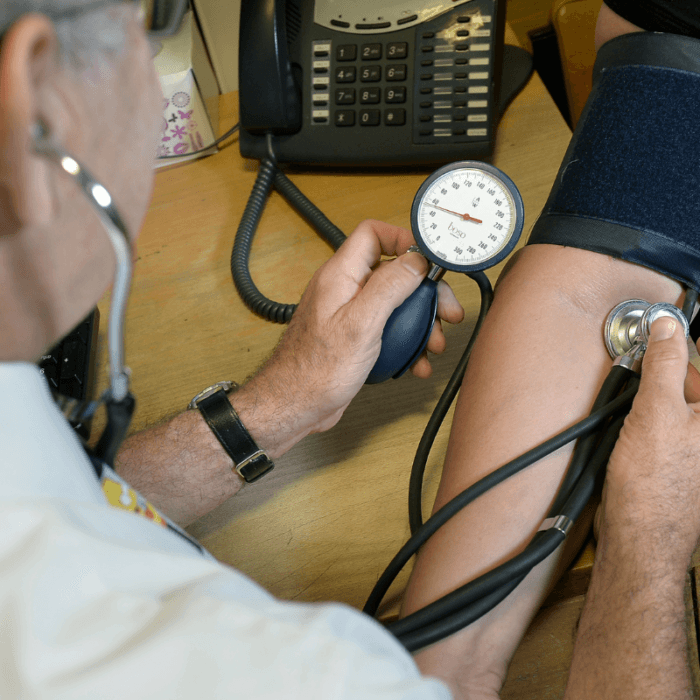Health Secretary Wes Streeting has urged GPs to abandon their ongoing collective action, saying that it will “only punish patients.”
Delivering a speech to doctors at the Royal College of General Practitioners (RCGP) conference on Friday, Streeting said that he understood the rising pressures surgeries were experiencing amid declining resources and a worsening service for patients, but that family doctors needed to work with the new Labour government to fix the NHS.
Streeting said: “I understand how bad things are and that I am determined to fix them, but I cannot do this alone. We can only do this together. So I am asking GPs to stand down collective action and instead work with this new government that is serious about working with you to rebuild our NHS together.”
The health secretary said that their “message has been received, not from this one vote, but from all the time I’ve spent in general practice in the past three years, literally looking over GP shoulders and seeing what you deal with and the state of the crisis for myself.”
“Capping appointments now will only punish patients and make the road to recovery steeper,” he said.
Industrial Action
In August, the British Medical Association (BMA) announced 8,500 of its GPs members took part in a vote and 98.3 percent backed collective action, amid disagreement over a new contract for family doctor services.The BMA recommended a series of actions that practices might take, including limiting the number of patients a doctor sees to 25 a day. The union did not specify how long the action would last, but suggested it could go on for months.
Junior Doctors Strike
The pleas for the end of industrial action come after the government came to an agreement with junior doctors—now renamed resident doctors—to end strike action.However, the co-chairmen of the committee said that the offer was just the first step towards restoring pay, and that they would not rule out further strikes if they cannot come to an agreement with the government on other matters, such as pay uplifts.
1,000 New GPs
The timing of the industrial action vote came after the government announced it would be cutting regulations to allow practices to spend their staff funding pot on hiring new GPs.The Department of Health and Social Care (DHSC) announced that the Additional Roles Reimbursement Scheme could be used to recruit newly-qualified GPs in emergency measures for 2024/2025.
The £1.4 billion fund was designed to boost staff in GP practices, but until recently could not be used for funding GPs or practice nurses.
The DHSC said it will enable practices to hire more than 1,000 newly qualified GPs.
The Epoch Times contacted the BMA for comment.







